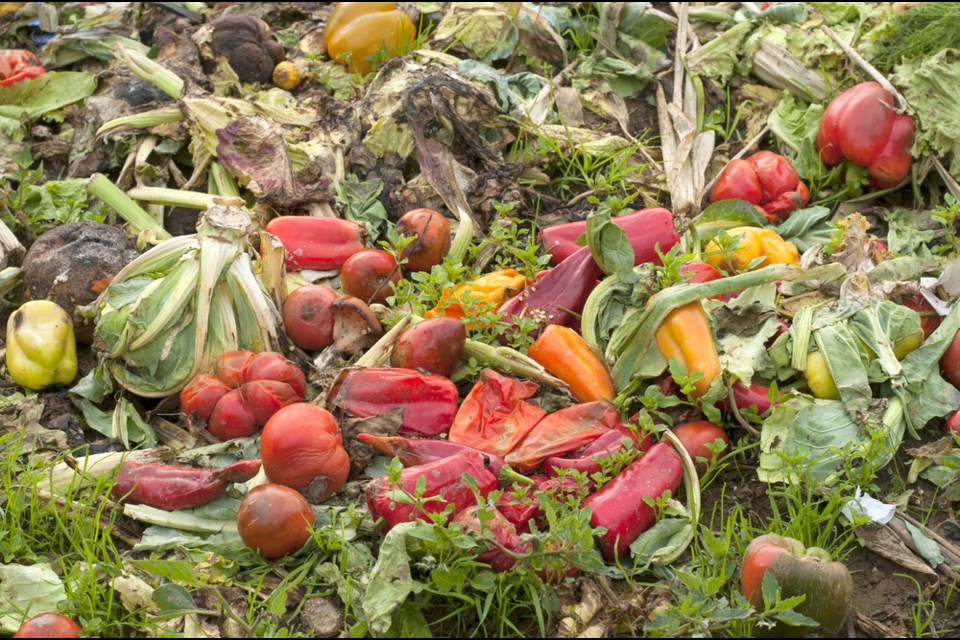A new pilot project in Guelph and Wellington County could have far reaching impacts on the future of commercial food waste in Ontario.
While curbside green bin collection is currently available to households in many Ontario municipalities including Guelph and Wellington County, the same isn’t true for large-scale waste producers like businesses and institutions, manager of solid waste services Das Soligo explained at Tuesday’s county solid waste services committee meeting.
Industrial, commercial and institutional sectors rely on private services to collect their waste. There are currently no provincial regulations for what these sectors do with their food waste and the cost of collection means most businesses and organizations simply put it in the garbage, Soligo explained.
The new pilot project hopes to change that by creating a cost-efficient way to divert industrial, commercial and institutional food waste from landfills and put it to good use.
The project is a partnership between the County of Wellington and the City of Guelph’s Our Food Future initiative and the Circular Innovation Council.
“The concept is to realize the efficiencies that we enjoy through residential collection in these commercial sectors,” Soligo said. “To try and populate a route with as many stops as possible and bring the cost down to equal or below that of throwing everything in the garbage.”
Starting Nov. 1, businesses and institutions along the Highway 6 corridor from Guelph to Arthur will have the option to have their food waste collected by a third party. Instead of going to the landfill, the organic material will be turned into compost by All Treat Farms in Arthur.
“It’s a circular solution, it’s taking a waste material and turning it into a resource that is worth something,” Soligo said.
Not only will the initiative save valuable landfill space, it will also cut the amount of methane, a potent greenhouse gas the material would have produced as it decayed in the landfill.
“By keeping this organic waste out of the landfill you’re also reducing the local impact of climate change,” Soligo said.
Edible food will be redistributed through food rescue agencies to those in need.
During the first three months of the pilot, waste collection will be free. So far around 40 organizations along the Highway 6 corridor have signed up, Soligo said.
Larger participants include Groves Memorial Community Hospital and Grand River Raceway.
After the free service period, the hope is participants can form a buying consortium to continue collection at a low cost. Populating the route with as many spots as possible, will keep the price down, said Soligo.
As far as he knows, the local pilot project is the first time a commercial food waste collection system of this scale has been tested in Ontario. If successful it’s impacts could be far reaching.
Currently in Ontario there is no obligation for industrial, commercial and institutional sectors to divert their food waste.
“Hopefully there’s lessons to be learned for the provincial government and for other jurisdictions that says, if you regulate these industries there are opportunities to service them in a way that’s not cost prohibitive,” Soligo said.
“And so we're hopefully proving the model that will inform decision makers in this province and elsewhere to go ahead and make some bold steps and and we'll all benefit from the reduced impact on climate change.”



